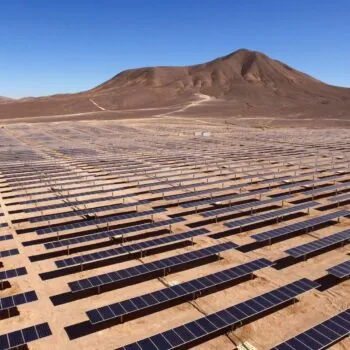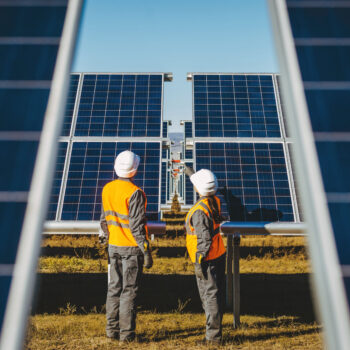The UK power market faces an unprecedented challenge. It is now widely accepted that it will be necessary to have largely decarbonised the power sector by around 2030 in order to set the UK on the path to meet 2050 greenhouse gas reduction targets for the economy as a whole. This in turn will involve the replacement of a large proportion of the existing power generation fleet with new, low carbon, technologies, in addition to radical improvements in the efficiency and responsiveness of energy usage.
This raises two major challenges:
- It is necessary to attract significant levels of investment and to do so in a way that ensures that the total cost of these investments (including financing costs), and their impact on energy prices, are acceptable, to investors, consumers and society as a whole, and
- Throughout this transition, maintain current levels of system security and the efficient operation of the power system.
The existing power market arrangements were not designed to cope with this situation and were implemented at a time in which:
- Limited new investment was required and the investment that was expected to emerge was in mature generation technologies which could be largely accommodated by existing network infrastructure.
- There was particular focus on the efficient use of existing assets which incur a high proportion of their costs when burning fossil fuels and whose output can be controlled to meet system stability requirements.
- The scope for demand response was restricted by the lack of information and control technology, and no market and regulatory rules were developed to recognise the contribution of end-use efficiency as an optimal system despatch/investment option.
This paper therefore considers where the existing arrangements will fall short in delivering the required objectives and consequently where market reform is required.


